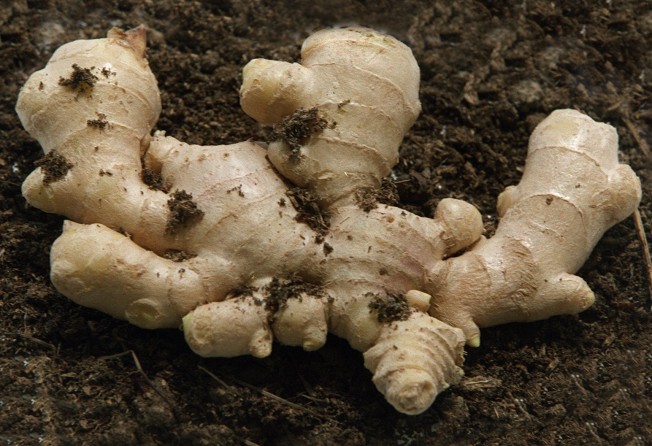
Ginger farmers using toxic pesticide

Farmers in Shandong have been overusing an illegal and highly toxic pesticide to grow ginger for years on end, adding yet another concern to the country’s growing list of food scandals.

An investigative report by China Central Television (CCTV), which aired on Saturday, discovered farmers in Weifang city had been using the pesticide aldicarb “three to six times” above the recommended level. The pesticide is not approved for use on ginger.
Aldicarb - branded in China as Shennongdan - is a highly poisonous carbamate pesticide that the Ministry of Agriculture says can be only used on cotton, tobacco, peanuts, roses and sweet potatoes, albeit under strict controls.
Exposure in high quantities can lead to dizziness, blurred vision, nausea and respiratory failure. Just 50 milligrams of aldicarb is enough to kill a person weighing 50kg, the report said.
The CCTV report said farmers in Weifang had been using 120 to 300kg of the pesticide per hectare, nearly three to six times above the level considered safe.

“Who doesn't use it to kill insects? Can anyone ensure the harvest without it? If I stop using it, my output will be cut in half,” a farmer told CCTV.
Weifang authorities are planning to launch a “crackdown” on aldicarb starting with the seizure of ginger exposed to the pesticide. Shandong officials are also sending in a team to investigate.
Aldicarb drew widespread media attention on the mainland in 2012 after cucumbers laced with the pesticide reportedly poisoned 13 people to death in Anhui province, the report said.
The pesticide is marketed in the United States under the trade name Temik and is manufactured by Bayer CropScience. It is considered the most toxic insecticide used on field crops.
In 2010, the US Environmental Protection Agency and Bayer agreed to a complete ban on aldicarb use by 2018. New risk assessments conducted by the EPA found aldicarb no longer met food safety standards and had posed "unacceptable dietary risks", especially to infants and young children.